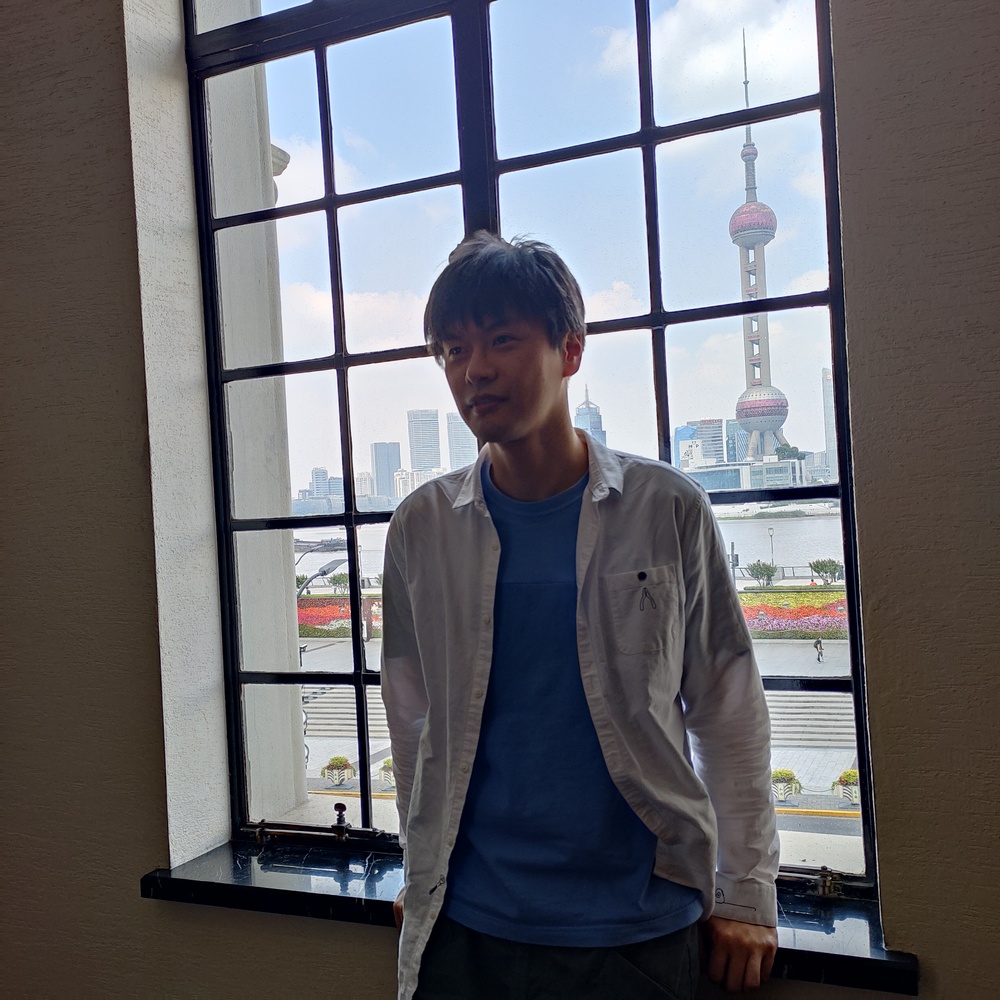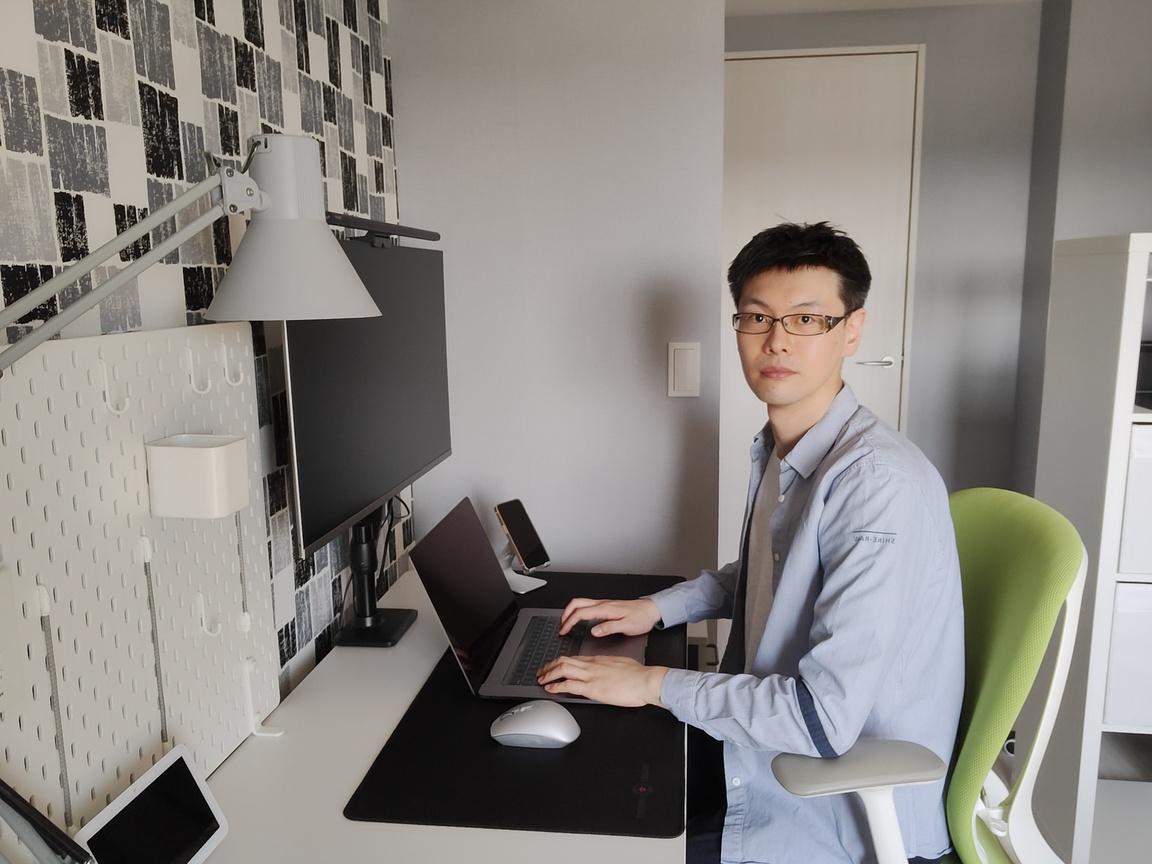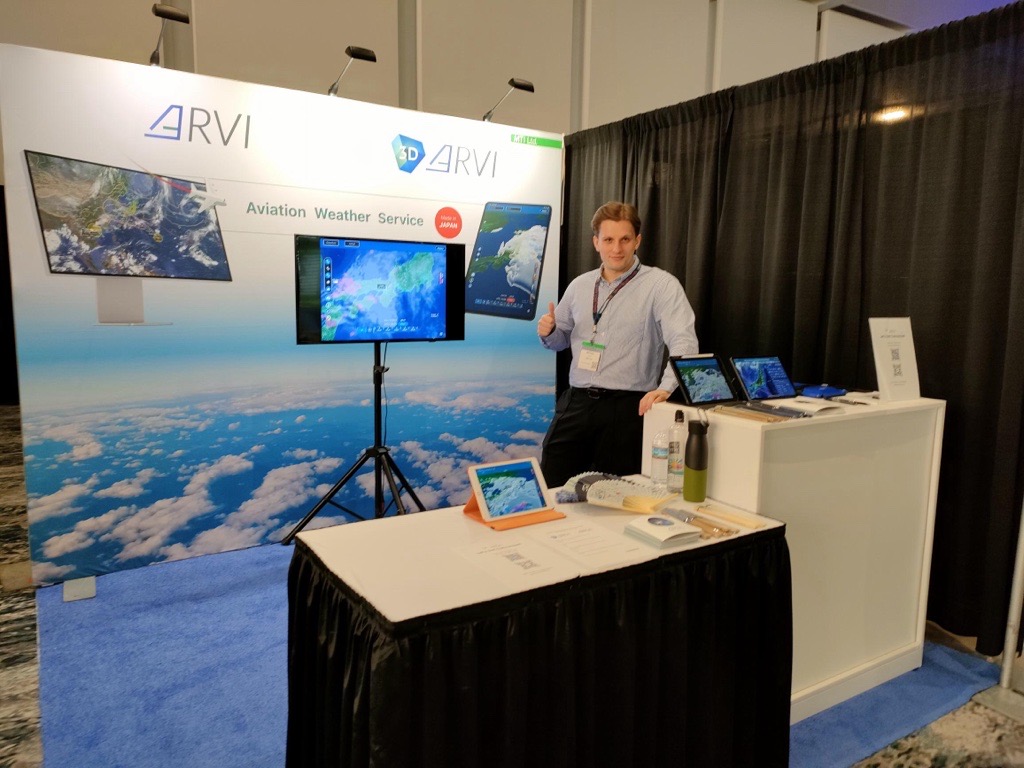We are committed to creating an environment where employees can select a work style that suits them personally, thereby boosting productivity and enabling diverse human resources to flourish. We do this via strategies such as adopting a super flextime system with no core working hours, and standardizing telework.
As part of this initiative, we have made it possible for employees who are foreign nationals to telework from their home country, with an upper limit of 183 days per year. Since adopting this system in 2021, we have seen results such as a roughly two-fold increase in the number of foreign nationals working for us.
In this article we feature feedback from foreign nationals who utilize this system to telework from their homeland, covering a range of topics from work-related tips such as how they deal with the time difference with Japan and handle communication to insights about their daily lives in their home country. They tell us about the ideal work-life balance they have achieved thanks to this system.
【Case1】Telecommuting enables him to tackle his work with fresh vigor, and connect more deeply with his family and friends
| Profile WANG NAIYI Account System Engineer Dept., Technology Division Joined MTI in 2011, straight after graduation. Since joining MTI, has been involved in smartphone app development as an engineer. Currently the leader of the development group for FEEDER, an app that utilizes AI to read receipts. Teleworked from his homeland of China for periods of around a month three times in 2023. |
Time spent with his family increased dramatically from around two weeks to over three months a year
– What kind of work are you currently involved in?
I’ve worked as a development engineer of smartphone apps during the twelve years since I joined the company in 2011. I was initially involved in the Luna-Luna female health information service, after which I gained experience in the development of a diverse range of services, including the Life Ranger Weather integrated weather information site.
I currently lead the development group responsible for improving the quality of FEEDER, an app that utilizes AI to read receipts.
– How frequently did you return to your home country before it became possible to telecommute from your homeland?
I used to take around a week’s paid leave once or twice a year to return to my homeland of China. Mind you, I always felt pressed for time when I was only there for a week.
As well as that, it was impossible to check up on work while I was back in China, so I would worry about what would happen if something cropped up and I couldn’t return to Japan on schedule.
– Has the frequency of your trips home changed since it became possible to telework from your home country?
I went back home for a month in both May and September 2023. I’m also scheduled to telework from China for a month in December.
Previously I had only been able to spend around two weeks a year in China but now, by utilizing the telework option, I can spend around three months there.
– How do you feel about being able to do your work in your homeland?
I consider Japan to be a very good country to work in, but I think I can tackle my work with fresh vigor when I’m back in China thanks to the change in my environment.
– Have you run into any problems with teleworking from overseas?
The tools necessary for telework have been in place since it became a standard work style of the company in 2020, so I haven’t had any particular problems or felt inconvenienced by it.
I do think that communication difficulties due to the time difference are a challenge when telecommuting from overseas. However, there’s only a one hour difference between China and Japan, so I can work during the same time period as the other members of our group, and there’s absolutely no difference from when I’m in Japan.
The importance of personal connections that can only be made locally
 – Has the way you spend your leisure time in your homeland changed now that you can stay there longer?
– Has the way you spend your leisure time in your homeland changed now that you can stay there longer?
The best thing is that I can spend more time with my parents. They’re getting on in years and I was always thinking that I really ought to support them in various ways. I can now provide support for my parents on a daily basis thanks to teleworking in China, which makes me really happy. I think my parents are also relieved that we can spend more time together.
MTI has always been a good place to work, but I did use to regret the fact that it was hard to return to China for a lengthy period of time. I feel it’s an even better company to work for now that I can stay a long time in China by utilizing the telework system.
– Going forward, are there things you want to do by utilizing the system to telework from your homeland?
I will emphasize spending time with my friends as well, not just my family. Through my friends I will gain an understanding of the latest developments at various companies in China, which I can only find out about when I’m there. I will also value things such as opportunities to meet new people, which I hope will help me in my own work going forward.
– Please tell us your message to foreign nationals who are considering working for MTI.
MTI has in place systems such as super flextime, as well as telecommuting, to make flexible working possible. You can create a work style that suits your own lifestyle by utilizing those systems.
And since it has group companies overseas as well, I think you will have opportunities to flourish by making use of English in your work.
【Case2】 Leveraging the time difference to work earlier hours and fully enjoy leisure time
|
Profile |
Telecommuting from his homeland makes it possible to interact with overseas customers with no time difference, which also makes his work more efficient
– What kind of work are you currently involved in?
Currently I’m mainly involved in marketing the ARVI aviation weather system and 3D ARVI, which provides 3D visualization of bad weather areas that have the potential to negatively impact an aircraft’s flight. The aim is to roll out these systems overseas.
To be more specific, we exhibit at expos for aviation-related services overseas, and I engage in marketing activities targeting aviation companies around the world. In 2023, we exhibited at expos in Singapore, America and Portugal, and I engaged in marketing that targeted aviation companies in places such as Europe, America and the Middle East.
– Working in countries around the world is part of your regular routine, isn’t it? How frequently do you utilize telecommuting from your home country during the course of your work?
I teleworked from my homeland of Poland once in October 2022, and twice in 2023, in May and October, making a total of three times. Each time I spent between two and three weeks there.
I joined MTI in 2020, but the COVID-19 pandemic meant that I couldn’t return to my homeland at all for around two years after that. I finally got to do it in 2022. Even a direct flight from Japan to Poland takes around 14 hours, and it can take 24 to 25 hours if it’s a connecting flight, so you don’t have much time to relax and enjoy yourself back home even if you take around a week’s paid leave. I’m glad that I can spend a long time in Poland by making use of telework.
– What are the advantages in utilizing telework to carry out your duties from your homeland?
In my case, many of my customers are European companies so if they email me with an inquiry while I’m in Japan, the time difference means that they are sometimes kept waiting for a reply. However, there isn’t much of a time difference between Poland and European countries, so I can respond swiftly to customers’ emails, and can go and meet them face-to-face if necessary.
My work proceeds more smoothly now that I can telecommute from Poland.
Overcoming challenges posed by the time difference with cooperation from colleagues and the use of the super flextime system
 – Have you run into any problems with teleworking from your homeland?
– Have you run into any problems with teleworking from your homeland?
There’s the time difference, of course. Poland has summer time and winter time, so the time difference with Japan is seven hours in summer and eight hours in winter
MTI has a super flextime system that enables employees to work when they like between 7 a.m. and 10 p.m. However, I need to start work in Poland at some point between 5 and 6:30 a.m. if I’m going to work between those hours in Japan. 5 a.m. in Poland is noon in Japan so I started work at five in the morning. Although it was a bit tough getting up in the early hours to work, it did mean that I finished early. I made the most of that to do things like meet up with friends after work or visit various places.
My colleagues were kind enough to cooperate with me, for example by setting internal meetings after 2 p.m. JST. Basically, I’ve been telecommuting ever since I was in Japan, so I didn’t find anything particularly inconvenient other than the time difference, and I didn’t run into any problems with telework.
– Please tell us how you spent your leisure time in Poland.
It’s been around seven years now since I moved abroad, including my time in Japan, and I’ve spent most of my twenties living overseas. As a result, there are in fact many things I don’t know about Poland, and many places I’ve never been. From now on, I want to visit various places in Poland and neighboring countries while I’m doing telework.
– Finally, please tell us about your goals for the near future.
First of all, I’m going to make every effort to get ARVI and 3D ARVI adopted by overseas aviation companies. I’m only engaged in marketing at the moment, but I intend to become capable of also taking charge of support for users once they have actually adopted those services. I think my work in Poland will be even more meaningful if I can provide prompt support for customers in Europe, and visit them personally sometimes. I want to expand the range of my work by adding more and more tasks that can only be done because I’m in Poland.
– Please tell us your message to foreign nationals who are considering working for MTI.
Japanese companies have an image of requiring a lot of overtime, and I was worried about working for a Japanese company at one point.
However, MTI has adopted super flextime so that, for example, even if there are days when work has piled up and you have to do overtime, you can make up for that by leaving work early when you’re not so busy. I think being able to work flexibly means that even foreign nationals find it a very good company to work for.


